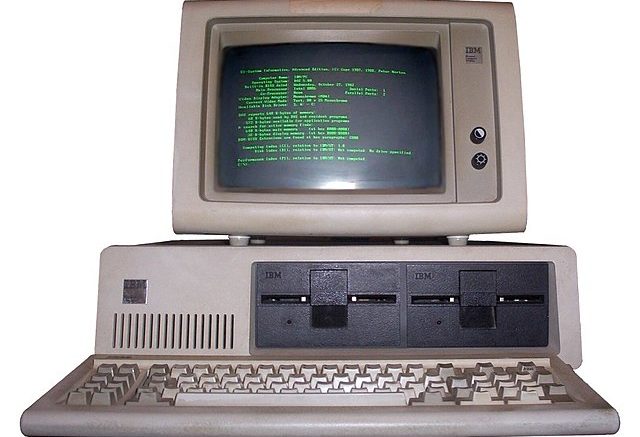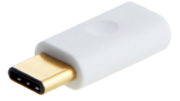It’s been like a member of the family. There was a time when your life revolved around it, that desktop PC that’s still sitting in the corner bedroom where once you spent so much time staring into that 15″ monitor. It wasn’t that long ago that the personal computer was your one and only link to the internet, that the view it gave of the world changed everything from how you get somewhere to what you do when you’re there.
And then you got a smartphone, and a tablet, and maybe along the way a laptop or netbook, or some other way to communicate with the world outside your door. You kept that old computer around and once a month you powered it on… ever so slowly… to pay bills or check emails on an old account or print out something. It was still a small part of your life, although with every passing month it felt more and more like a relic from another day.
Until… something happened.
One day, you powered it up … you tried to … but something happened. It shut down unexpectedly, or it just sat there doing “something” but without letting you do anything. It could be something as simple as not being able to get on the internet anymore or not letting you print to the printer you’ve had for years. Suddenly, you were struck with panic. You didn’t use it a lot, but it had always been there for you! What to do now?
The sad but true fact
It’s a sad but very true fact that computers are not designed to be repaired. That’s been the case for about two decades, really; at first it was just laptops but really no computer today is really terribly repairable, especially after a few years. Even if it’s possible to get to the broken part, even if it’s possible to figure out what’s broken, it may not be possible to find a replacement at a fair price. This is especially true if the broken part uses a technology that’s long been superceded, as is often the case with hard drives and CD players.
You may be able to soldier on, to buy adapters that will allow you to add new tech to an old soldier, but ask yourself… is this really the right way to go? You may be saving a few dollars in the short term. Over the long run you’re going to end up spending more and more on a PC that’s worth less and less. You’re better off getting the data you need from the computer and responsibly recycling it. If you’re able to get anything from it after a catastrophic failure, count yourself lucky; on the other hand if you haven’t been backing up your files regularly then shame on you especially if you have impossible-to-replace photos or personal information on that old dinosaur.
Yes, you should have a PC
It seems really tempting to just go PC-free. After all, you probably don’t use yours very much and when you do, it’s only for boring things like paying bills. But, you really should have a PC at home. It’s a good plan for… oh I don’t know. Let’s say something happens in the world and you need to work from home for a little while. Having this sort of thing all set up and ready to go is a good idea. It’s even more true if you have kids and you’re thinking that they’ll want to use it.
If you do decide to check out new computers, you’ll find the prices are really enticing. After several years of slumping sales, there’s still a glut of really good hardware out there and even the slowest of them is probably faster than your old dino-PC. The new computers will probably not last as long as the old one, but then again you’ll be less tied to it with today’s cloud services.
Bargains are out there
If you’re looking for a real bargain, check out the outlet stores from the major manufacturers of business PCs. You can get high-quality boxes that aren’t as glamorous. They will probably work with your old monitor and keyboard (unless it’s really old.) Business PCs have better build quality than home PCs but are often a little uglier. They’re a good replacement for older home PCs. This is especially true if you use them mostly for stuff like word processing and paying bills. They tend to lack the powerful graphics and sound capabilities of home PCs. If you don’t care about that then why not save a few bucks and get something more reliable?
As for that old PC, take it to a recycling center. It will keep the hazardous metals out of the environment. The copper, gold, lead and plastic can create new, more interesting electronics. You might just keep the circle of life going in the world of computers. You have to feel good about that.
And of course, when you’re looking for the accessories you’ll need for that new device, check out the great selection at Solid Signal.





